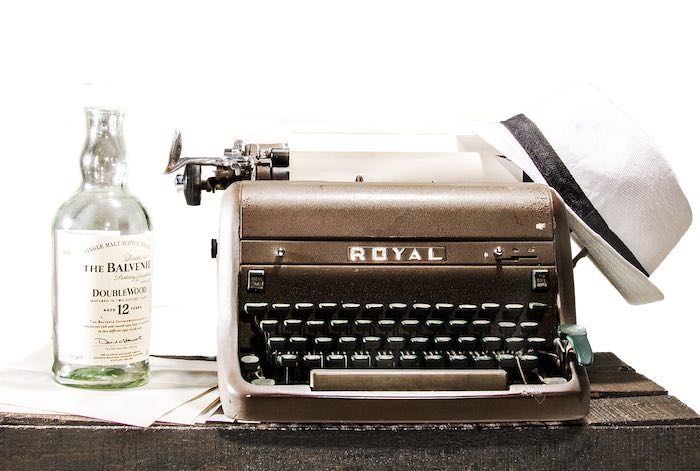Marketing to Libraries
Don't discount libraries as a source of steady orders for your books. U.S. public libraries spend over 700 million dollars annually on print materials.

When it comes to book marketing, libraries are often overlooked. For many reasons, however, it might be worth your while to examine this unglamorous but solid market segment.
The most important first-step needed to market to libraries must be done before the book is published. You must ensure that you have an International Standard Book Number (ISBN) and the Library of Congress Cataloging in Publication data. To get more information on applying to receive this data, visit the Library of Congress website at http://www.loc.gov/publish/.
Because of an increase in the number of self-published books, and the subsequent workload placed on the Library of Congress in creating CIP blocks, the LOC has been reluctant to offer this service to small publishers. If you have been given the cold shoulder by the Library of Congress, your best bet is to pay to get Publishers CIP block from a reputable cataloger. It's generally a small cost, and if your book will be of interest to libraries, it will be well worth it.
Another thing to consider when designing your book is that many librarians will consider a book without an index less valuable than one that is indexed. While indexing is a tedious task if you choose to undertake the project yourself, or an added expense if you choose to hire an indexer, you should weigh the disadvantages of indexing against the additional marketing clout the index will offer your book.
You can find more information about indexing at the web site of the American Society of Indexers or its equivalent in England and Ireland, the Society of Indexers.
Librarians pay attention to which books receive positive reviews in industry publications, and base many of their buying decisions on those reviews. It is important not to neglect prepublication review sources such as Choice, Kirkus Reviews, Library Journal, Publishers Weekly and Booklist.
Libraries prefer to buy from wholesalers in order to receive a discount. Nearly three-quarters of the books acquired for collections are purchased this way. The rest are primarily purchased directly through publishers. The American Library Association offers a fact sheet on library products, services and consultants that may help you decide on the wholesaler or distributor that might work best for you.
Library wholesalers expect a large discount, and generally sell your books to libraries at a 40% discount. Keeping this in mind, you may wish to market to libraries directly and cut out the middleman by offering libraries a slightly better discount by ordering directly.
Good luck and happy marketing!
Read These Next
Authors on Writing, and Getting Published
10½ Tips for aspiring writers culled from the websites of successful writers of romance fiction.
So You Want To Become An Audiobook Publisher
While financial barriers to entry into print and ebook publishing have decreased significantly in recent years, starting up as an audiobook publisher still carries some significant costs.
Beginning and Ending Your Story
Elinor Glyn, in the early half of the 20th century, considered the "world’s greatest writer of love stories." Over the course of her writing career she published 31 novels and had 9 movies made from her work. She was criticized rather frequently by the literary press, as are many popular writers today. In 1922, The Author’s Press put out a four volume course written by Glyn on how to write novels, stories and screen plays. This is an excerpt from the second volume.






